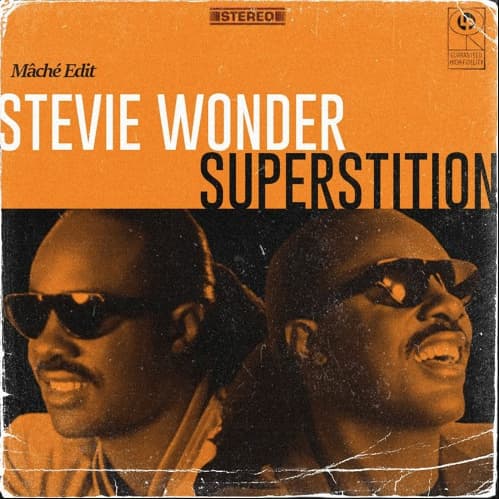
Stevie Wonder’s Iconic Chart-Topper: “Superstition”
When Stevie Wonder released “Superstition” on October 24, 1972, as the lead single from his fifteenth studio album, Talking Book, little did anyone know that this track would revolutionize the music scene, embedding itself as a timeless classic in the annals of music history. The song not only marked a pivotal point in Wonder’s career but also significantly impacted the genre of R&B and funk music. “Superstition” ascended to the zenith of the U.S. Billboard Hot 100 by January 1973, becoming Wonder’s first number-one single in a decade since “Fingertips, Pt. 2” in 1963. This feat was echoed on the soul singles chart and was complemented by a respectable peak at number eleven in the UK Singles Chart the following month.
The song’s lyrics delve into various popular superstitions and their often negative ramifications, conveyed through Wonder’s compelling vocal delivery and intricate musical composition. The fusion of a funk-driven sound, characterized by an unforgettable bassline and riff played by Wonder himself, not only showcases his virtuosic talent but also highlights his innovative use of electronic instruments like the Moog synthesizer and Hohner Clavinet.
The creation of “Superstition” involved a fascinating collaboration with guitarist Jeff Beck, who was a fervent admirer of Wonder’s work. This partnership was initially intended to benefit Beck, with an agreement that he would release his version of the song first. However, due to delays with Beck’s album and Motown CEO Berry Gordy’s foresight about the song’s potential success, Wonder released it ahead of Beck’s version, ensuring its place as a major hit.
“Superstition” not only climbed the charts but also garnered critical acclaim, earning Wonder two Grammy Awards in 1974 for “Best Rhythm & Blues Song” and “Best R&B Vocal Performance, Male”. Its enduring appeal is reflected in its numerous accolades over the years, including its induction into the Grammy Hall of Fame in 1998 and its high ranking on Rolling Stone’s list of the 500 Greatest Songs of All Time, where it stood at number 12 in 2021.
Beyond its commercial success and critical acclaim, “Superstition” stands as a testament to Stevie Wonder’s genius and his ability to blend complex musical ideas with socially conscious themes. It remains a defining piece of Wonder’s illustrious career and continues to influence a wide range of artists across different genres, underscoring its universal appeal and timeless quality.